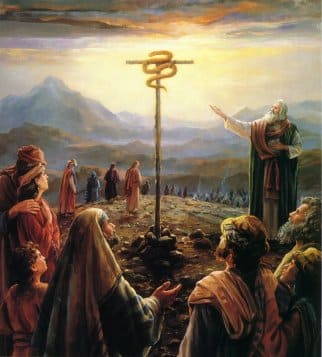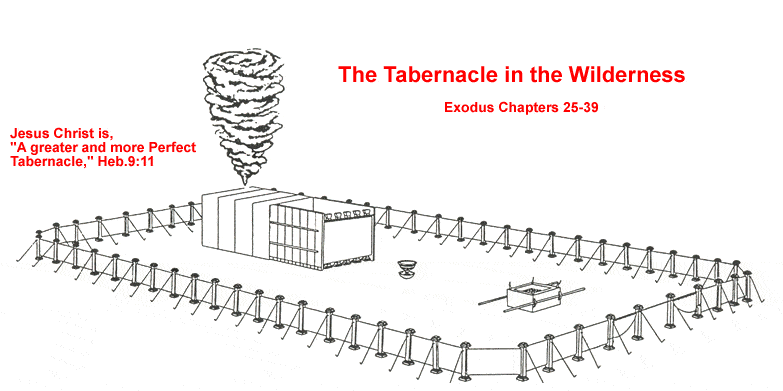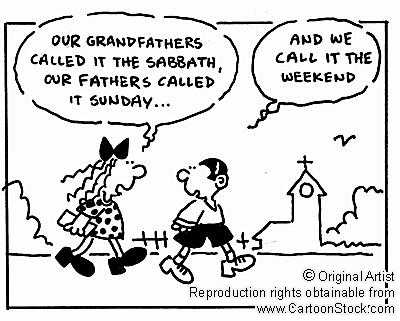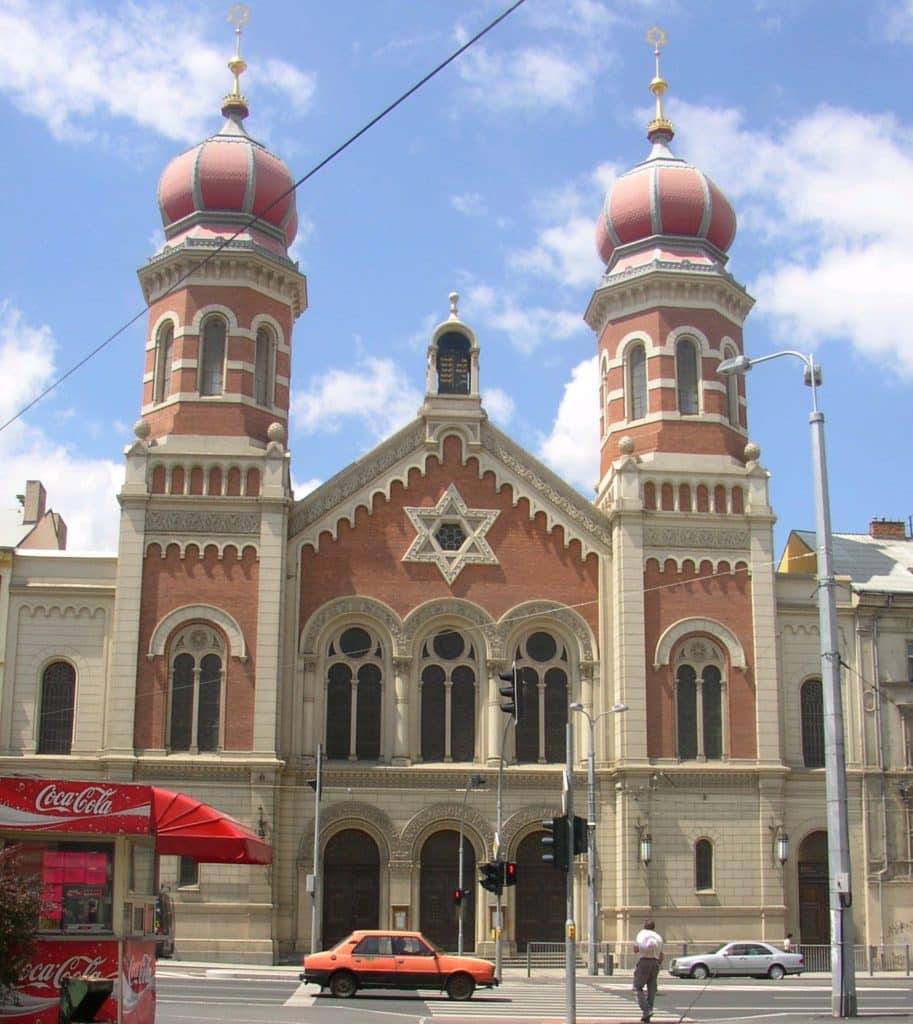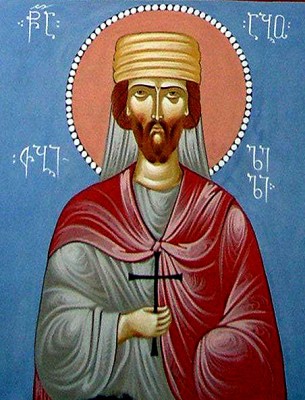This will be a very short posting because today is Sunday. When we look at the Jewish Liturgical Year, at the Gospels, and at the Early Church Fathers, the Jewish Liturgical Year is seen as a foreshadowing of what Our Lord Jesus Christ Himself would do. And, thus, it was considered unnecessary to celebrate feasts of […]
Typology or Allegory and the Jewish Liturgical Year, part 02
In the previous discussion I mentioned how allegory is regularly used within all branches of Christendom. Some use it more than others. For those who do not wish to admit that they use allegory, they rename it typology. As I commented on my previous post, allegory has some rather good antecedents, since it was Jesus […]
Typology or Allegory and the Jewish Liturgical Year, part 01
OK, we have been talking about the fulfillment of the Jewish liturgical year and why it is not observed, which took us into the subject of typology/allegory. So what is typology/allegory? Well, first, there is a great debate as to whether there is any difference between typology and allegory. At best, it is a difference […]
To Sabbatarian or not to Sabbatarian, actually there is no question
Why did Peter and John (and presumably every Apostolic-generation believer) still keep the Sabbath if our Lord meant for the first day of the week to become the new Sabbath? Did the Apostles get it wrong? . . . Sunday only became the new day of rest when the successive generations developed amnesia about the […]
Synagogue and developing tradition
Scott pointed out that the Early Church followed the synagogue model of worship and quickly developed a Temple/Synagogue pattern to their worship. This actually should not be in the least surprising, since Our Lord Jesus Christ is Jewish. When on earth, he worshiped as a Jewish believer, attending both Synagogue (beyt knesset) and Temple. Sacrifices […]
So, what happened to the Jewish liturgical year?
But don’t you think they would wonder what happened to the order of their Religious Year? Where are the Feasts? Oh, sure, the Church has feasts. But they are not just new. They are not just improved. They are complete replacements. As though the church went from DOS to Mac in one generation (if you […]
On the “Greeking” of the Church
In our ongoing conversation, Scott writes (again, with permission to post): What troubles me about that unanimity is the almost complete rejection (a sort of pseudo-Marcionism) of Jesus’ Jewishness. I think I can accept that the influx of Gentiles post-70 AD would lead to a “Greekening” of the Church. And certainly historical events and the […]
Would a first-century believer recognize the Orthodox Church?
While Orthodox liturgy looks an awful lot like Jewish liturgy (Temple and Synagogue), some of Her theology and practices would appear completely foreign to a first century follower of the Messiah. So wrote Scott to me recently, and it is a legitimate comment and question. With his permission, I am reposting some of our conversation […]
Why do you make it so hard to become Orthodox? – part 03
OK, I understand much of what you have been saying, but why must I have a sponsor, or why is a baby expected to have godparents? Well, in the book of Hebrews, it says: For though by this time you ought to be teachers, you need someone to teach you again the first principles of […]
Why do you make it so hard to become Orthodox? – part 02
So, why is a catechumen encouraged to take on a “new” name when they are chrismated? What’s in a name? Taking on a new name is not necessary, but it is highly encouraged. The background to a name change goes all the way back to the beginnings of God’s special interactions with Abraham and continued […]
